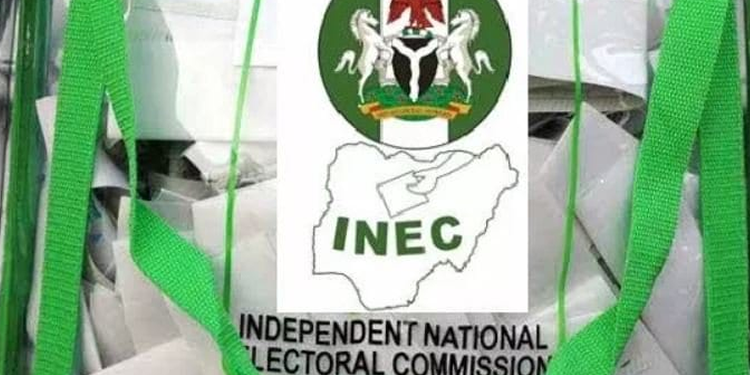A Federal High Court in Abuja has set January 30 as the deadline for determining whether electorates without Permanent Voter Cards (PVCs) can vote in the upcoming general election.
The presiding judge, Justice Binta Nyako, set January 30 for judgment in the suit filed against the Independent National Electoral Commission (INEC) by a civil society organization.
She agreed with the plaintiff’s and INEC’s counsel that the issue was critical and that some people in her household could not and did not collect their PVCs.
WITHIN NIGERIA reported last week that the commission in the same suit explained why electorates should not be permitted to vote with temporary voter cards or the Voter Identification Number (VIN) during the 2023 general elections.
The commission stated that registered voters who do not collect their Permanent Voters Cards (PVCs) by the deadline will be denied the right to vote on election day because the PVC is essential to the commission’s planned accreditation process.
According to WITHIN NIGERIA, the electoral umpire told the Federal High Court sitting in Abuja on Monday that, unlike previous elections where eligible electorates who had issues with accreditation were allowed to vote after filling out the Incident Form, electorates at the upcoming polls and others would only be allowed to vote after their PVCs were duly authenticated by the Bimodal Voter Accreditation System (BVAS).
According to this platform, INEC’s legal team, led by Abdulaziz Sani (SAN), has petitioned the court to dismiss a suit seeking to compel the commission to allow those with temporary voters cards or proof of registration to vote.
According to the information gathered by this platform, the commission was responding to a suit marked: FHC/ABJ/CS/2348/2022, filed by a non-governmental organization under the auspices of the Incorporated Trustees of the International Society for Civil Liberties and the Rule of Law, along with two other plaintiffs, Emmanuel Chukwuka and Bruno Okeahialam.
The plaintiffs, who claimed INEC was planning to disenfranchise over 20 million eligible voters in the country, told the court they filed the suit on behalf of themselves and registered voters who were about to be disenfranchised by the commission in the 2023 general elections.
The Plaintiffs’ lawyer, Max Ozoaka, argued that given all of the attacks on INEC facilities and challenges to the collection of PVCs across the federation, many registered voters would be denied the right to vote.
Ozoaka argued that because the INEC had already issued temporary voters cards/registration slips, people whose PVCs were affected by the attacks should be allowed to vote if their voters cards were not reprinted and collected before the deadline.
However, INEC counsel argued that the plaintiff’s case is speculative and that the Commission had extended the deadline for collecting PVCs.
He also questioned why the application was submitted while the PVC collection was still ongoing.
The presiding judge then scheduled a hearing for January 30.










Discussion about this post